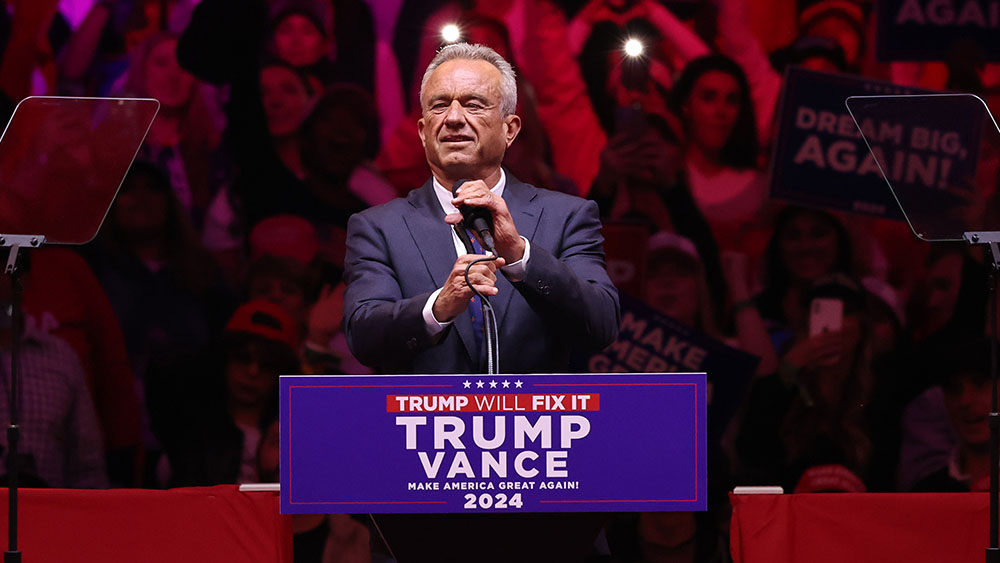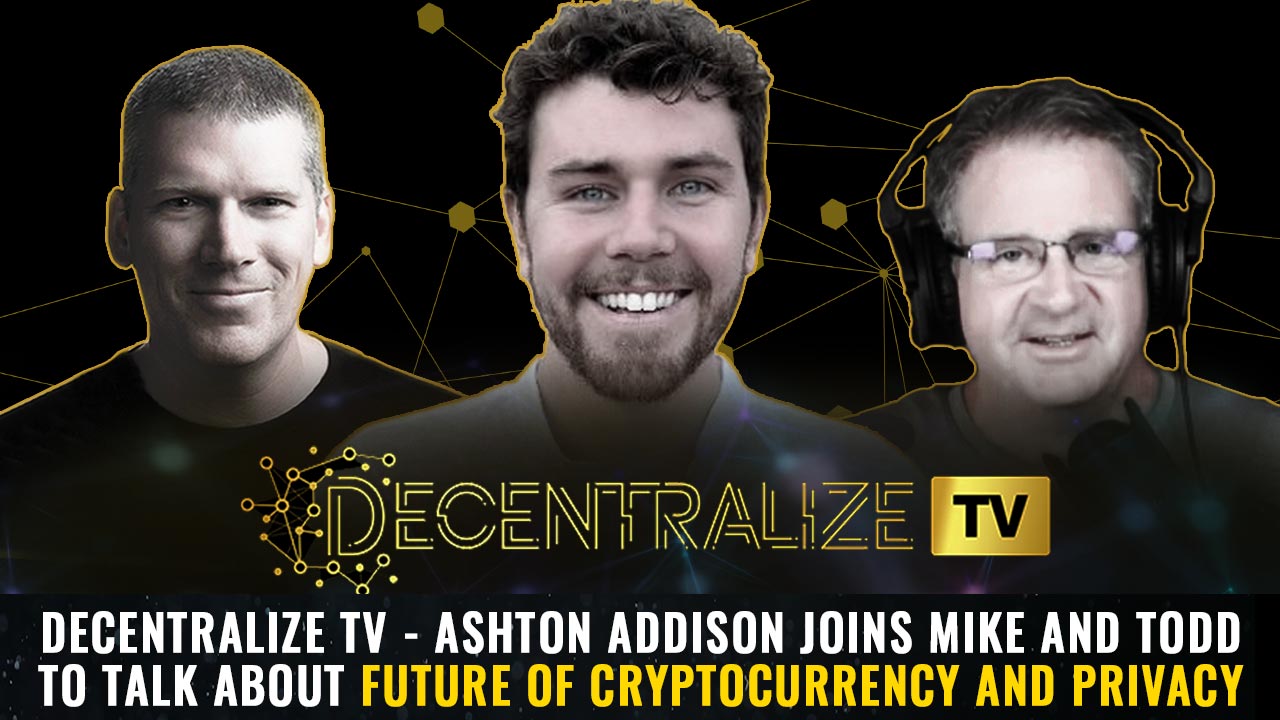
- The Token Economy, as described in Shermin Voshmgir's "Token Economy: How the Web3 Reinvents the Internet," represents a revolutionary approach to value exchange and digital interaction, transforming the internet from a mere repository of information into a dynamic ecosystem for seamless value transactions.
- Central to the Token Economy are tokens, which serve as the atomic units of Web3, representing various forms of value and permissions. Tokenized Networks like Bitcoin and Ethereum, stateful and decentralized, enable peer-to-peer transactions without intermediaries, while smart contracts automate processes and enhance transparency.
- Decentralized Autonomous Organizations (DAOs), governed by smart contracts and operating on blockchain networks, decentralize governance and decision-making, creating more transparent, efficient and resilient systems.
- The Token Economy faces significant challenges, including regulatory uncertainty, technical issues like scalability and security, and the need for a native identity layer. Innovations such as Decentralized Identifiers (DIDs) and Token Curated Registries (TCRs) aim to address these challenges, enhancing privacy, data control and transparent content curation.
- The convergence of blockchain networks, smart contracts and tokens promises a more decentralized, transparent and inclusive digital world. However, it is crucial to address ethical and social implications, ensuring that the benefits of the Token Economy are accessible to all and not limited to a select few.
In the rapidly evolving landscape of technology, a new paradigm is emerging that promises to redefine the very fabric of the internet. This transformation is driven by the concept of the "Token Economy," a revolutionary approach to value exchange and digital interaction, as explored in Shermin Voshmgir's insightful book, "Token Economy: How the Web3 Reinvents the Internet." As digital pioneers and curious minds delve into this groundbreaking work, they are discovering a world where the internet is not just a repository of information but a dynamic ecosystem for seamless value exchange. This article delves into the core concepts, challenges and future implications of the Token Economy, answering the fundamental questions of why, who, when, where and what is happening in this digital revolution.
At the heart of the Token Economy are tokens, the atomic units of Web3. These tokens represent a paradigm shift from the traditional internet, where value exchange was limited and controlled by centralized entities. Voshmgir's book explains that tokens can represent anything from a store of value to a set of permissions, effectively democratizing access to value creation. Unlike the past, where creating and managing digital assets required significant resources and centralized control, Web3 allows anyone to issue a token with just a few lines of code, thanks to smart contracts.
One of the fundamental components of the Token Economy is "Tokenized Networks," such as Bitcoin and Ethereum. These networks are "stateful," maintaining a universal state layer that enables true peer-to-peer transactions without intermediaries. This decentralization is a cornerstone of Web3, offering a more equitable and transparent system for value exchange.
Smart contracts, another critical element, are self-executing contracts with the terms of the agreement directly written into code. They automate processes, reduce the need for intermediaries and can even resolve the principal-agent dilemma by providing more transparency and accountability. Imagine a world where your car pays for its own parking or your fridge orders groceries when you're running low. This is the transformative power of smart contracts.
Decentralized Autonomous Organizations (DAOs) take this concept further. These organizations are governed by smart contracts and run on a blockchain network, operating without a central authority. Decisions are made collectively by network participants, transforming traditional governance structures into more transparent, efficient and resilient systems.
Despite its promise, the Token Economy faces several challenges. The technology is still in its infancy, lacking best practices and standardized frameworks. Regulatory uncertainty is another significant hurdle, as many jurisdictions struggle to keep up with the rapid pace of innovation. Additionally, technical challenges such as scalability, security and privacy need to be addressed to ensure the robustness of these systems.
Privacy is a particularly pressing issue. The current internet lacks a native identity layer, leading to concerns about data control and privacy. Web3 aims to address this with "Decentralized Identifiers" (DIDs) and "Self-Sovereign Identity" solutions, allowing individuals to have more control over their digital identities and personal data.
The rise of "Purpose-Driven Tokens" introduces a new form of value creation, where economic incentives are aligned with social and environmental objectives. These tokens incentivize behavior that supports collective goals, such as reducing carbon emissions or supporting social causes.
Another innovative concept is "Token Curated Registries" (TCRs), which use tokens as economic incentives for decentralized content curation. TCRs create a market mechanism for quality curation, reducing reliance on centralized authorities and promoting transparency. For example, TCRs can be used to curate lists of "best restaurants" or "top universities," offering a more democratic and transparent approach to content curation.
The convergence of blockchain networks, smart contracts and tokens is set to transform the internet as people know it. Issues of privacy, security and power structures need to be carefully considered to ensure that the Token Economy benefits everyone, not just a select few.
In conclusion, the "Token Economy" represents a significant shift in how people perceive and interact with the internet. As Voshmgir's book illustrates, this revolution is not just about technology but about reimagining the way people create, share and exchange value in the digital age.
Learn more about the token economy by watching the video below.
This video is from the BrightLearn channel on Brighteon.com.
Sources include:
Please contact us for more information.


















